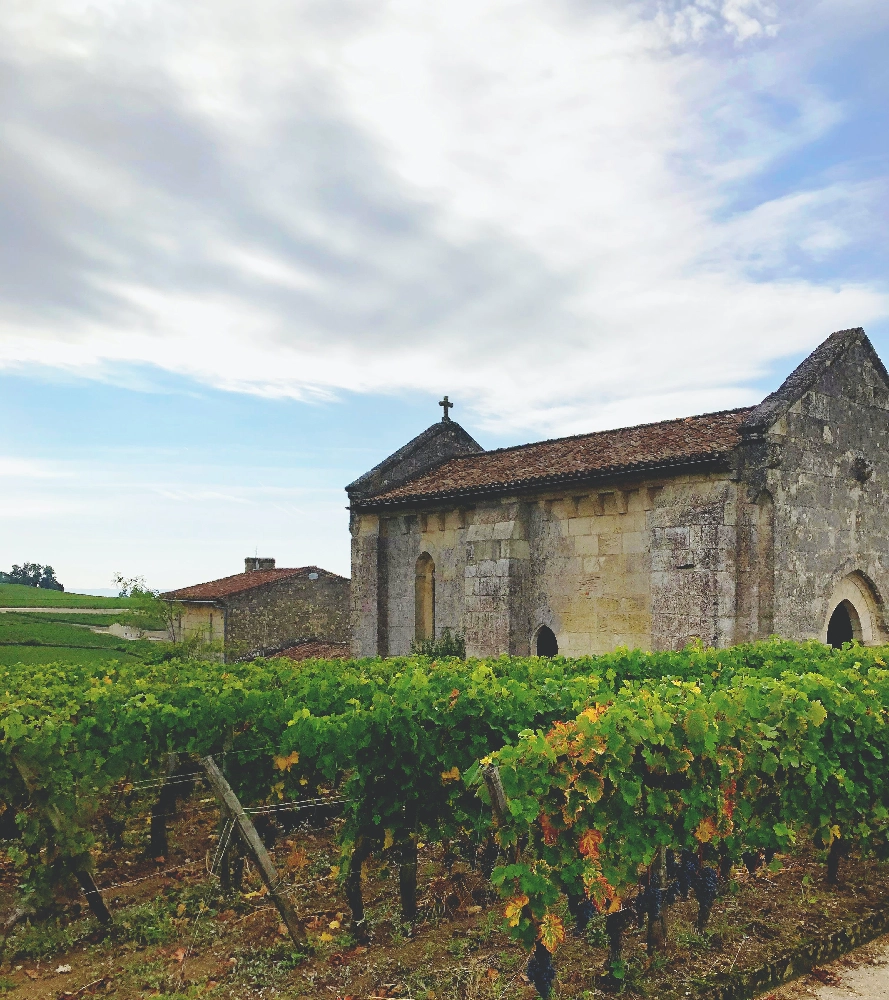
Ikaria Wineries & Wines Stats
Wineries
1
Wines
15
A Historical Review of Ikaria, the Hidden Gem of Wine Production
I. Introduction
Ikaria, an isolated Greek island located in the southeastern Aegean Sea, has long been renowned for its unique cultural traditions and exceptional wine production (1). With a rich history dating back to ancient civilizations, this region has contributed significantly to the evolution of wine production and consumption practices. In this review, we will delve into the historical significance of Ikaria's wine industry, exploring its geographical features, grape varieties, and cultural impact.
II. Geography and Climate
The rugged terrain and diverse microclimates of Ikaria provide ideal conditions for growing a variety of high-quality grapes. The island is characterized by steep slopes, rocky soil, and ample sunlight, which are essential components in creating distinctive wines (2). Ikarian vineyards benefit from the Mediterranean climate, with mild winters and hot, dry summers, allowing for an extended growing season that contributes to the development of fully ripe grapes.
III. Historical Background
The earliest evidence of wine production on Ikaria dates back to ancient Minoan times (circa 2000 BC) (3). Archaeological discoveries have uncovered clay pots containing residues of grape seeds and remains of wine vessels, indicating the island's long-standing tradition in winemaking. The Greeks later adopted these techniques and further developed the wine industry, with Ikaria becoming an essential part of their trading network.
IV. Grape Varieties and Wine Styles
Ikarian vineyards are primarily devoted to indigenous grape varieties such as Mavrotragano, Liatiko, and Limnio (4). Each grape type imparts unique flavors and characteristics to the resulting wines. For instance, Mavrotragano is known for its full-bodied character with notes of ripe black fruits, spice, and a hint of tobacco (5). In contrast, Liatiko produces wines that exhibit rich sweetness and viscosity, often compared to Port or Muscat wines (6).
V. Cultural Impact
Ikarian wine has held an essential role in the region's cultural traditions for millennia. The islanders have maintained their winemaking practices through generations, with many rural communities continuing to produce wine using traditional methods passed down from their ancestors (7). Wine has also been a significant aspect of Ikaria's social life, playing a crucial role in celebrations and communal gatherings.
VI. Conclusion
The historical significance of Ikaria's wine industry lies in its rich cultural heritage, diverse grape varieties, and unique geographical features that have contributed to the production of distinctive wines for millennia. As we continue to explore this hidden gem, we uncover a deep connection between the people, their traditions, and the land that has shaped Ikaria's wine industry into what it is today – a testament to the enduring power of human ingenuity and the magic of the vine.
References: 1. "Ikarian Wines" Retrieved from https://www.ikariatravelguide.com/ikaria-wines/ 2. "Ikaria Geography" Retrieved from https://www.worldatlas.com/articles/geography-of-ikaria-island.html 3. "Minoan Wine Production" Retrieved from https://www.britannica.com/topic/wine-production-ancient-Mediterranean 4. "Grape Varieties of Ikaria" Retrieved from https://www.ikariatravelguide.com/grape-varieties/ 5. "Mavrotragano Grape" Retrieved from https://www.wine-searcher.com/grape-profile/mavrotragano 6. "Liatiko Grape" Retrieved from https://www.wine-searcher.com/grape-profile/liatiko 7. "Ikarian Wine Traditions" Retrieved from https://www.greekcitytimes.gr/2019/06/15/ikarias-wine-traditions/38747/
